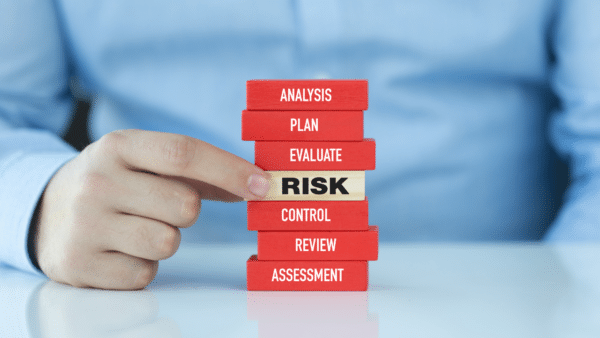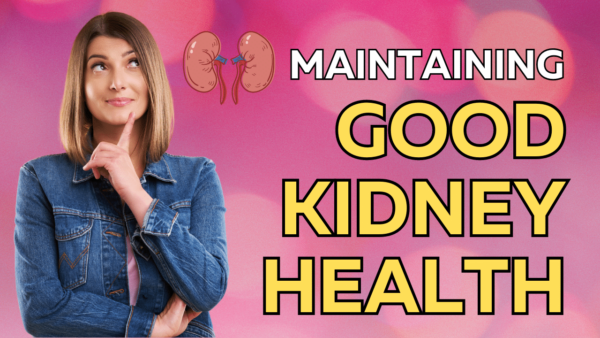In our journey to unravel the intricate tapestry of human emotions and physiological responses, we delve deep into an enigmatic phenomenon where fear and death intertwine. Unraveling the threads of this mystery, we encounter an intricate dance of biochemical reactions, psychological triggers, and physiological responses.

The Biology of Fear
Our body’s response to fear is an intricate ballet of biochemical reactions. When confronted with a threat, the amygdala, nestled deep within the brain, springs into action. It triggers a cascade of neurotransmitters and hormones, catapulting the body into a heightened state of alertness, the fight-or-flight response.
Adrenaline Surge
Adrenaline, a hormone produced by the adrenal glands, floods the system. Heart rate accelerates, breathing intensifies, and muscles prime for action. It’s a symphony of physiological arousal, orchestrated to prepare the body to either confront or flee from the imminent danger.

The Heart’s Vulnerability
But within this intense arousal lies a concealed danger, especially for those with underlying heart conditions. It is here that we confront the eerie reality of being ‘scared to death’. The accelerated heartbeat, while a natural response to danger, can spiral into ventricular fibrillation for those predisposed.
Ventricular Fibrillation
Ventricular fibrillation is a severe heart rhythm disorder. It’s characterized by rapid, erratic heartbeats that impede the heart’s capacity to pump blood effectively, leading to a sudden drop in blood pressure and a catastrophic interruption in blood flow to vital organs.

Fear-Induced Fatalities
But what instances have been known to induce such an intense state of fear that could precipitate such an outcome? Meticulous analyses of historical and contemporary reports expose an array of triggers – from the sudden and unexpected shock of an earthquake to the intense, suspenseful moments in horror movies.
Documented Cases
We chronicle these instances with a meticulous lens, dissecting the circumstances, the individuals’ medical histories, and the environmental variables that converged into the perfect storm – resulting in an occurrence that, while rare, is profoundly authentic and deeply unsettling.

Mitigating the Risk
How then, do we insulate ourselves from this concealed menace? The journey to protection is multifaceted, encompassing medical, psychological, and lifestyle dimensions.
Medical Interventions
Early detection and management of underlying heart conditions is fundamental. Regular screenings and vigilant monitoring of cardiovascular health can fortify the heart against the intense surge of adrenaline and the subsequent precipitous acceleration in heartbeat.
Psychological Fortification
Cultivating psychological resilience is equally critical. We explore evidence-based strategies to bolster mental fortitude, including cognitive behavioral therapy and mindfulness, tools that empower individuals to navigate fear with equanimity, mitigating the physiological aftershocks.
In Conclusion
As we meander through this intricate landscape where emotion and physiology intertwine, the revelation is unequivocal – while rare, one can indeed be ‘scared to death’. Our exploration is an ode to the profound complexity of the human body, a testament to the inscrutable connections between the seen and the unseen, the tangible and the intangible, reminding us of our profound vulnerability, yet equally, our remarkable resilience.
In embarking upon this comprehensive journey, we not only unveil the concealed corridors of a rare physiological phenomenon but also emerge with tools and insights to mitigate risk and fortify our integral health – a testament to the intricate dance of life and death, fear and resilience.

